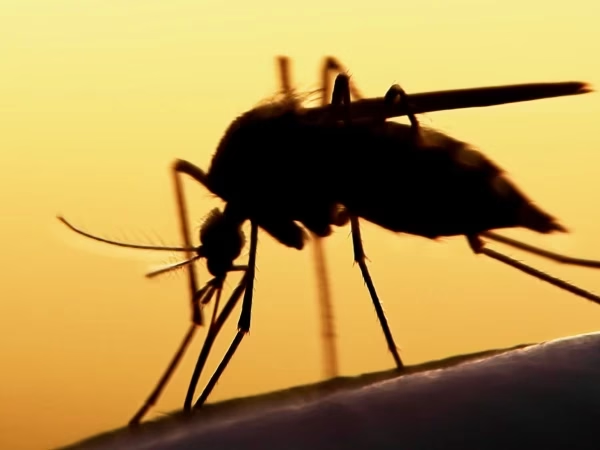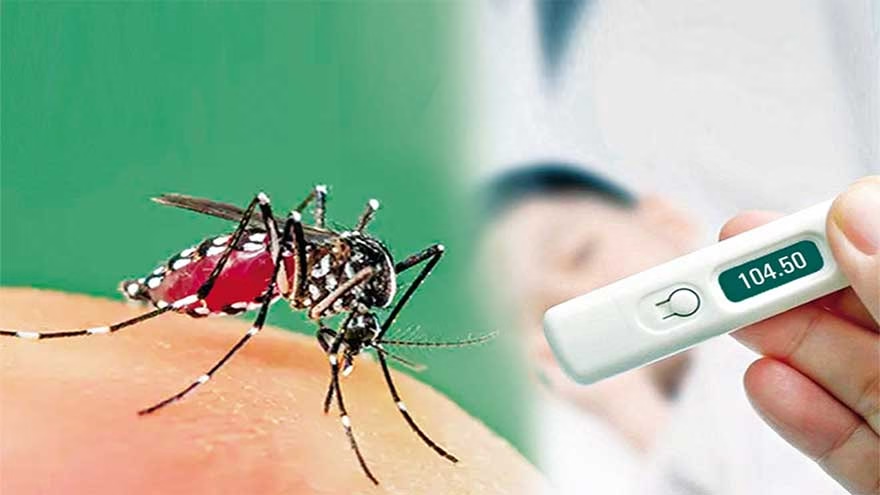PESHAWAR: The recent confirmation of another mpox case in Khyber Pakhtunkhwa (KP) has increased Pakistan’s total number of infections to six this year, according to provincial Health Minister Syed Qasim Ali Shah. This latest case, reported on Wednesday, marks the fifth infection since the World Health Organization (WHO) declared the recent mpox outbreak a public health emergency of international concern in August.
The new patient, a resident of Lower Dir in KP, was diagnosed with mpox after being screened at Peshawar Airport. The diagnosis came following a medical test conducted by the National Institute of Health Islamabad. According to the health minister, “A public health lab confirmed the presence of the mpox virus in the patient’s blood samples.” The individual, who had recently returned from a Gulf country on September 7, was initially isolated at a local hotel in Peshawar before being transferred to Khyber Teaching Hospital for further treatment.
Mpox, formerly known as monkeypox, is a virus that causes symptoms similar to the flu, including fever and rash, along with distinctive pus-filled lesions. While the illness is often mild, it can be severe, particularly in children, pregnant women, and those with weakened immune systems. Despite the overall mild nature of the disease, there is a risk of severe complications and death.
The new case in KP follows a series of mpox infections reported in the country, including a notable spike in Peshawar. Earlier this month, Peshawar recorded its fourth case of the virus. This patient, a 47-year-old man, tested positive for mpox on August 29 after being isolated by Border Health Services staff. He, too, had recently returned from the Gulf region, highlighting concerns about the spread of the virus from travelers arriving from the Middle East.
Federal Director General of Health Dr. Shabana Saleem confirmed that this new case is the fifth mpox infection reported in Pakistan this year and the fourth since the WHO declared mpox a global health emergency. Dr. Saleem stressed the importance of vigilance, noting that all recent cases involve individuals with travel histories to the Gulf. “Peshawar appears to be turning into an epicenter for mpox cases,” she said. “This trend is alarming, and we are doubling our efforts to prevent further spread.”
In response to the surge in cases, health authorities have implemented stringent screening protocols at airports to curb the virus’s spread. The rise in mpox cases, particularly in Peshawar, has heightened concerns among both health experts and the public. There is a growing call for increased awareness and more rigorous travel guidelines to manage the situation effectively.
Dr. Saleem urged the public to remain vigilant and adhere to health advisories, especially those returning from high-risk regions. “We must remain cautious and follow all recommended health protocols to mitigate the spread of mpox,” she emphasized.
The situation in Peshawar reflects a broader trend of increasing mpox cases in the country, raising concerns about the virus’s potential to spread further. The measures being taken, including heightened screening and public awareness campaigns, are critical in controlling the outbreak and protecting public health. As the authorities continue to monitor the situation, the focus remains on preventing further infections and managing the current cases effectively.



